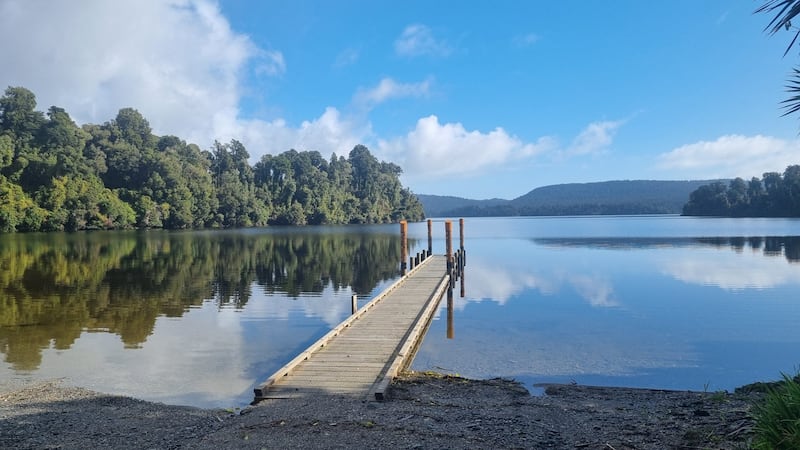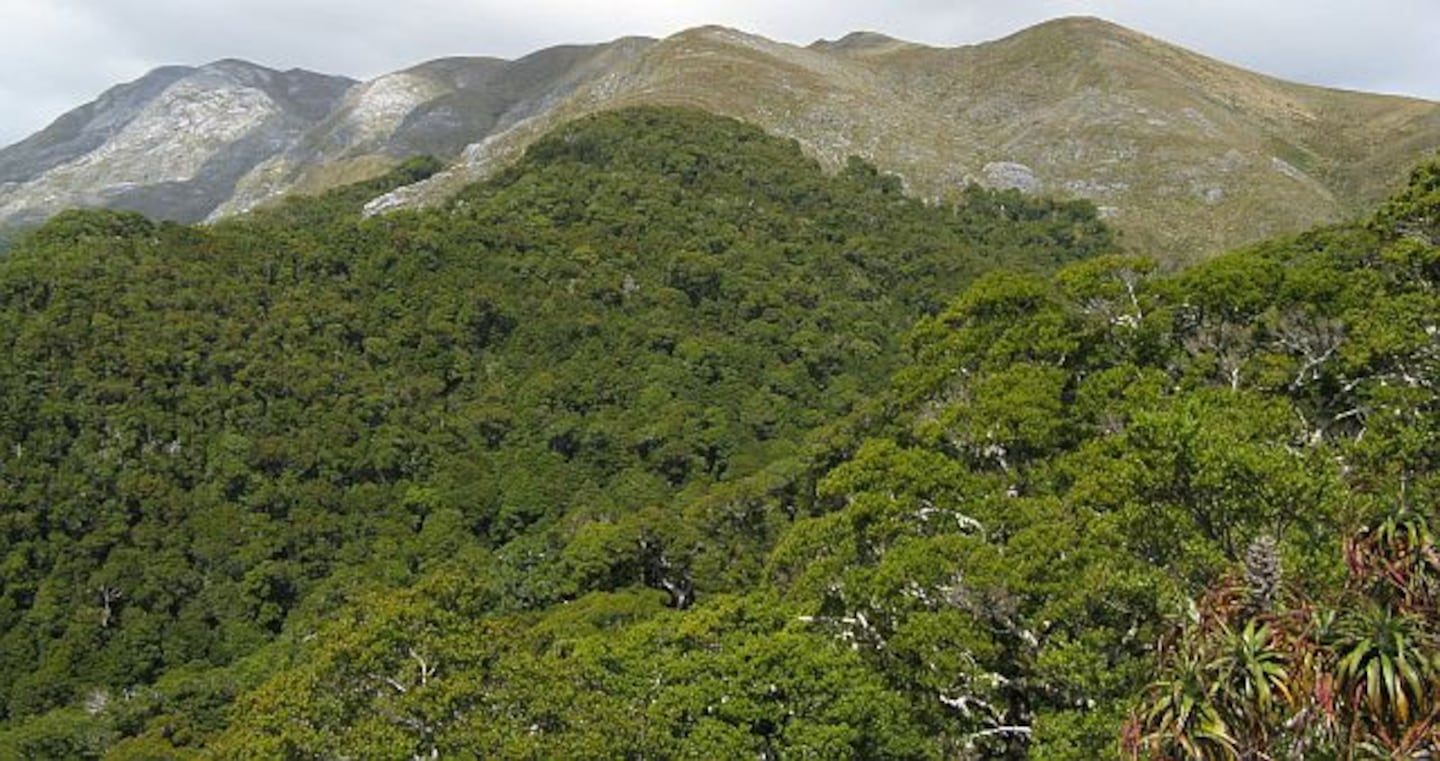The West Coast Conservation Board wants to hear from anyone who uses local public conservation land, as it embarks on the mammoth job of reviewing the region’s strategy.
The Conservation Management Strategy (CMS) sets the rules for what can and cannot be done on the 84 percent of the region that lies within the DOC estate, from Kahurangi Point in the north to Te Hokai – Awarua Point in the south.
Board chair Mike Legge says the CMS is in need of a thorough overhaul.
“The current document was first drafted about 20 years ago and it’s the size of a doorstop. We need a new streamlined strategy that will work for the West Coast.”
The old CMS was also overly descriptive, Dr Legge said.
“It’s full of ‘thou shalt nots’, but the world has changed so much in the past 15 years and so has conservation, and tourism. There were no ebikes back in the day for instance.”
The new CMS would need to respond to changes on Te Tai Poutini/West Coast the including the impacts of climate change; shifts in visitor flows and technology such as ebikes and drones.

It would also reflect the evolving partnership between DOC and iwi and “enable the interests and aspirations of Poutini Ngai Tahu”.
It would leave the contentious matter of National Park tourism concessions to the relevant national park management plans.
In 2017, DOC hit a legal road block when it moved to grant concessions to iwi for commercial helicopter flights to land in Paparoa National Park.
The High Court agreed with conservation groups that the move contravened the West Coast CMS – and the proposed rule was struck out.
The CMS review would be a formal process taking at least two years, leading to public submissions and hearings, Dr Legge said.
But the Board was keen to get an early idea of how people felt about conservation land and how they used it.
“We’ve got three planners working on the review already, but there’s a short survey form online on our website, that anyone can take part in and tell us their thoughts.”
The survey asks people to describe any challenges they faced using public conservation land and waters, with for instance, regulations or access issues.
It also asks for suggestions on how to improve the management of conservation land, and how people rate the importance of historic heritage and Māori values.
People who responded to the survey could still make formal submissions as well, further down the track, Dr Legge said.
“The new CMS will affect how our land and waters are managed – so I would urge people to have a say and help shape how conservation land is managed over the next ten years.”




